Classic books create some intimidation in even the most well-versed readers. With their old verbiage, long lengths, extensive list of characters and various historical references, these books are often set aside to be replaced with something more modern. Despite this, teachers across the world still push students to pursue older literature.
While there is no defined age for a book to be considered a “classic”, these titles must be able to be relevant throughout time. To be a classic, the literature must have contributed to writing and been regarded as noteworthy. These books are often similar because they explore humanity and discuss universal human themes such as death, love and beauty.
Molly Longman, an English teacher and theater director at ADM High School, shares why students may often cast aside famous novels.
“The way that language is used is often different, especially if you’re not used to reading things that are written in a different time period. This poses a challenge that some readers just aren’t patient enough to work their way through. They want something that’s an easier reward.”
While Longman understands why people may avoid these books, she believes they offer things unavailable in modern literature.
“The language may read a little differently, but it can also help you become more fluent in the way that you can use the language yourself in your own writing and how you express yourself,” Longman shared.
Reading books that require deep thinking can not only enhance your writing and speaking skills by improving your grammar and vocabulary, but it can also positively impact your overall thinking abilities. Researchers at Michigan State University conducted a study that found that participants who read books by Jane Austen, a renowned classic novelist from the 18th and 19th centuries, experienced increased blood flow in their brains due to the cognitive challenges presented by these works. While the blood flow was understandably increased in the area of the brain responsible for attention and thinking processes, this activity also improved the function of the part of the brain responsible for physical activity and spatial awareness. These books may present their own challenges, but they offer benefits you will see even when your nose isn’t in a book.
Classic literature offers an opportunity to learn history and empathy by exploring different time periods, according to Longman.
“I think there is a lot of value in understanding how we’ve grown or changed as a society because it’s not always for the better, but sometimes it is. It’s just another way to gain perspectives on how life could be different than it is,” she believes. “That way we know how to both appreciate and also question, are we doing things the best way that we can right now? I think a lot of people understand the value of reading books that are modern from a wide perspective, but I would take that same way of thinking and say it’s just as important to read a wide range of time periods for the same reasons.”
The empathy presented in historical literature offers a unique perspective to the audience. For Longman, she has found this enlightenment in the works of John Steinbeck.
“My all-time favorite book is East of Eden,” she declared. “It gives you the historical context of growing up during the Great Depression which was a different way of life. It’s a wonderful story that follows several generations of a family. You just feel a connection to what struggles they had then which still resonates so much today. It can be a way to find hope in something. The book creates just a connection to others and proves that what we go through today isn’t necessarily new, even though it might feel like it is.”
Readers looking into delving into the world of classic literature may feel overwhelmed by the amount of choices. The category is very varied, but they can be sure any book they choose will offer them some benefits.
Longman believes that often, people are scared away from this genre of literature because of the books they are choosing.
“A lot of times I think when you start naming off the first classical books that come to mind, you might end up with some really lengthy titles, like Moby Dick or War and Peace. Those are not starting points for people who want to expand.”
If you want to get into reading classic books, it’s best to start with easier pieces. This will increase the likelihood of sticking with them.
Recommended Classic Books
- The Catcher in the Rye by J.D. Salinger. This novel tells the story of a teenager named Holden Caulfield who is expelled from his boarding school. The book follows his experiences wandering around New York after he leaves the school. It is filled with wit and teenage angst as Holden analyzes the way that people live and is a good book for people struggling with self-discovery or just like a relatable main character.
- Flowers for Algernon by Daniel Keyes. A mentally disabled man receives an operation that changes his IQ and subsequently, his life. This book is geniusly composed as the writing style advances with his increased intelligence and the ending will leave every reader stunned.
- The Bell Jar by Sylvia Plath. This book delves deep into the struggles of a young college student as she battles depression and societal pressures. It’s a great read for anyone interested in learning about mental health issues and seeking an emotional journey.
- The Hobbit by J.R.R. Tolkien. While most people know The Lord of the Rings series, The Hobbit is a much easier start if you want to dive into the work of J.R.R. Tolkien. Originally created as a children’s story, this book is brimming with adventures as the hobbit Bilbo Baggins teams up with a group of dwarves to reclaim treasures from a dragon’s cave.
- Little Women by Louisa May Alcott. This novel follows the lives of four sisters as they navigate the challenges of growing up, falling in love, and coping with loss. If you enjoy romance or coming-of-age books, Little Women is for you.
- The Picture of Dorian Gray by Oscar Wilde. Dorian Gray, a young Londoner, delves into an immoral lifestyle after a painting is created in his likeness. The book explores themes of vanity and mortality while keeping readers on the edge of their seats. If you enjoy the thriller and gothic horror genres, you will love this title.
When you have found a good book for you, it may still be difficult to understand the full meaning behind the text. Longman offered some strategies that may make this experience easier.
“I think people need to start in small doses. You should find appropriate excerpts from stories of particularly action-packed passages or really profoundly emotional passages. This way you can be rewarded in entertainment value for working your way through the language. Once you’re more comfortable with it, you move on to find the longer works that are more in your area of interest.”
It can also be helpful to do some outside research on what you are reading about for full comprehension. You can do this by researching the historical context of the subject matter, participating in online discussions related to the topic, or even watching movie adaptations. You may be surprised to know that many famous movies such as The Lion King, 10 Things I Hate About You and Clueless are all based on historical literature.
While these famous titles may be intimidating to an inexperienced eye, they have stood the test of time for a reason. When you first tackle these novels, it is important to approach them with an open mind and allow yourself to fully absorb all that classic literature has to offer.

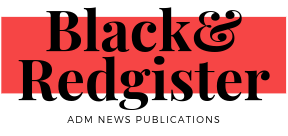



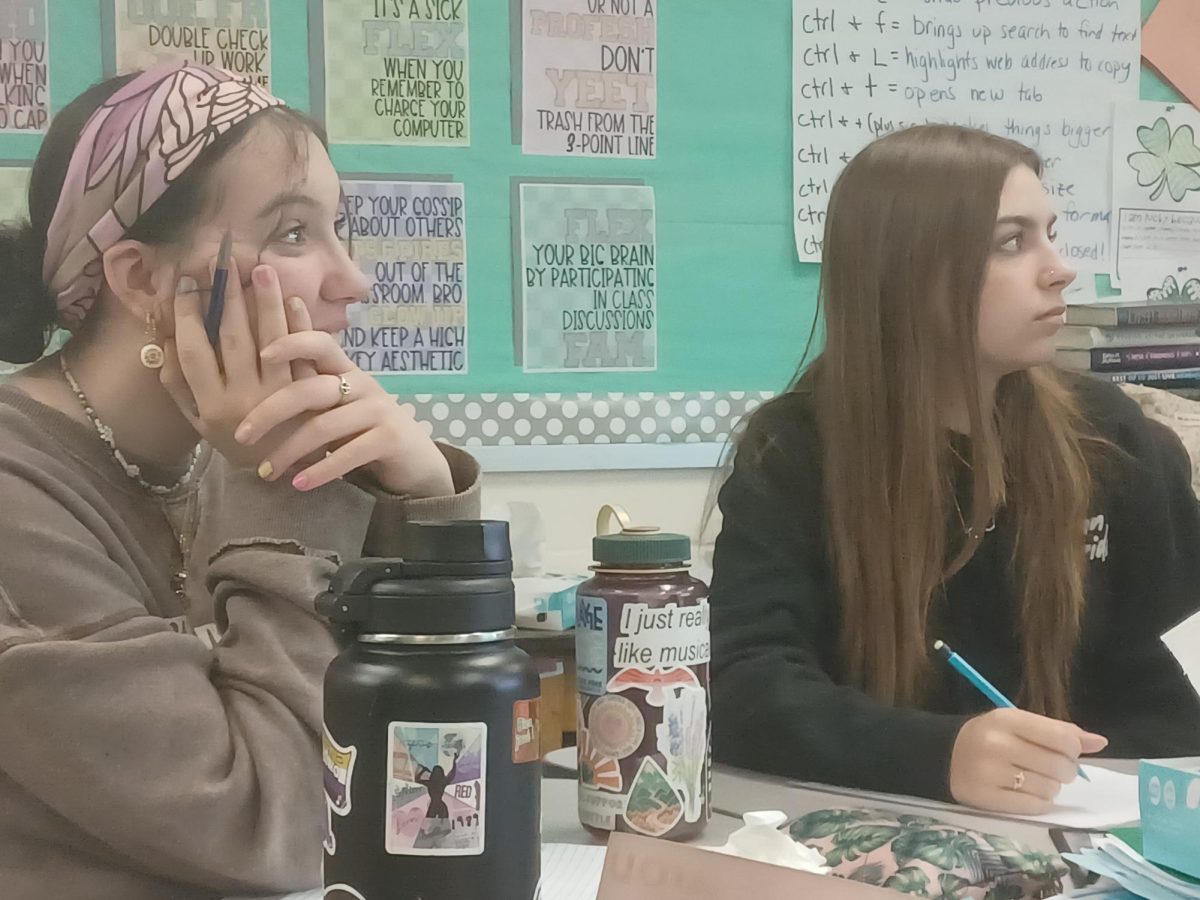
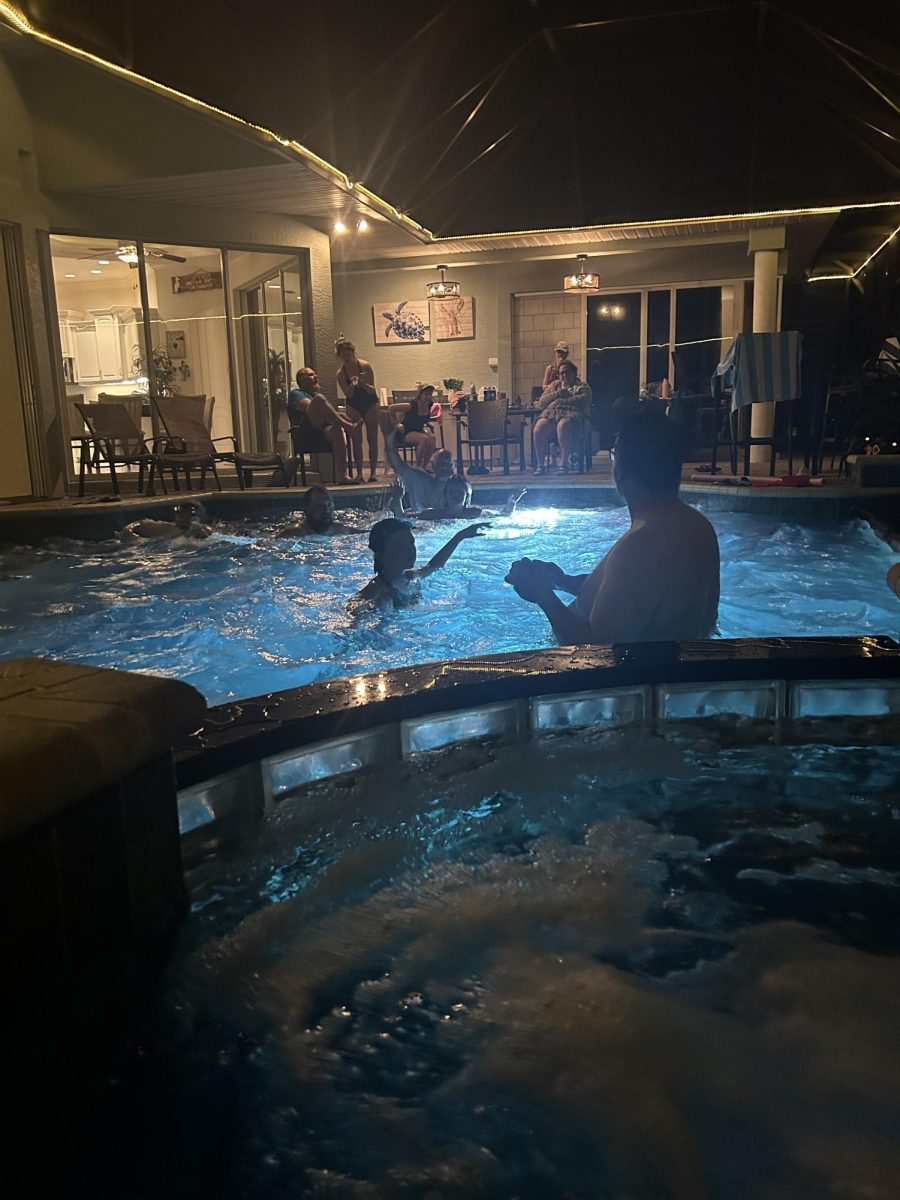
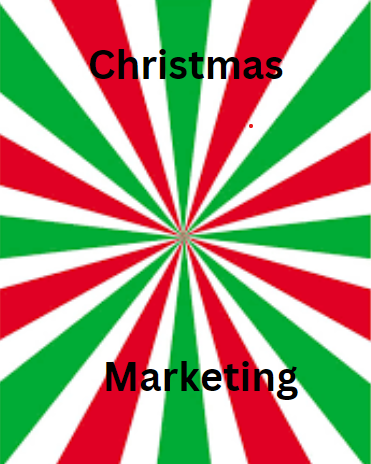

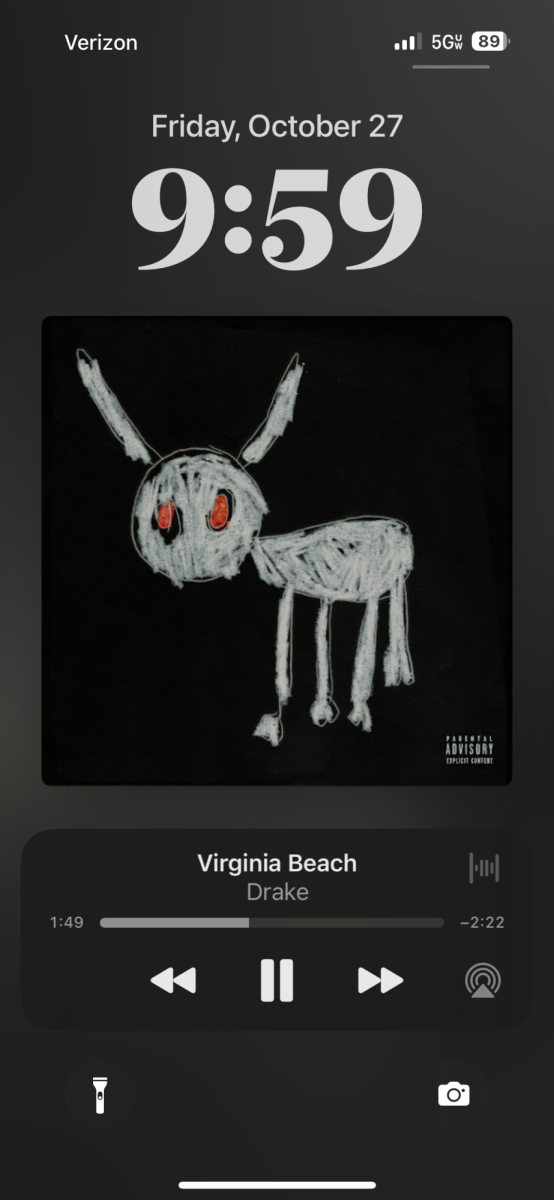



Gary King • Jun 6, 2024 at 6:06 am
Do you have any senior discount? Im a few months away from 65